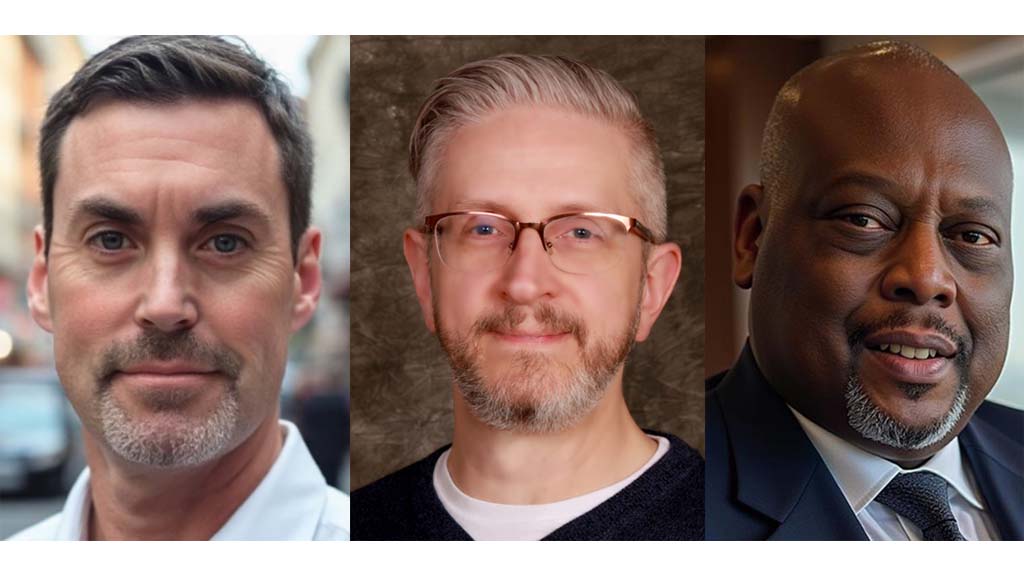ESPN disputes cord-cutting media reports
The professional video industry's #1 source for news, trends and product and tech information. Sign up below.
You are now subscribed
Your newsletter sign-up was successful
Saying it was confused by the proliferation of news articles about cable “cord cutting,” ESPN, the cable sports network, did its own in-house study of the Nielsen Company’s audience sample to find out what is really going on.
Its answer: very little.
The sports network’s study provides a new set of data for a major question that has been hanging over the television industry for weeks: How many American cable subscribers are cutting the cord and moving to cheaper television options on the Internet?
Cord cutting has occurred in 0.28 percent of households in the United States in the last three months, ESPN found. However, offsetting those losses, it found that 0.17 percent of those households had been broadcast only signed up for pay TV and broadband.
“So the net amount of cord cutting for one quarter was just one-tenth of 1 percent,” said Glenn Enoch, the vice president for integrated media research for ESPN, told the “New York Times.”
“We got a little worn out reading headline after headline saying, ‘Cord-cutting, it’s a disaster; young people are abandoning TV.’ For our strategic purposes, we needed to know what was really going on,” Enoch said.
Nielsen verified ESPN’s findings. Similarly, the research firm SNL Kagan found that 119,000 customers dropped their cable or satellite subscriptions in the third quarter of this year. There are about 100 million subscriptions nationwide.
The professional video industry's #1 source for news, trends and product and tech information. Sign up below.
Pat McDonough, the senior vice president for planning, policy and analysis at Nielsen, told the newspaper that the ESPN study confirmed that while there are some cord-cutters, “it’s a really small number of people.” More people, she added, are “swapping cable cords, rather than cutting them.”
ESPN will monitor cord-cutting behavior every three months using the Nielsen sample, Enoch said. The amount of cord cutting could pick up over time, but networks like ESPN are limiting the amount of video they make available on the Internet without a subscription partly to prevent that.
Since sporting events are difficult to watch free online, ESPN found that among heavy and medium viewers of sports, there is “zero cord cutting”— as Enoch termed it.
